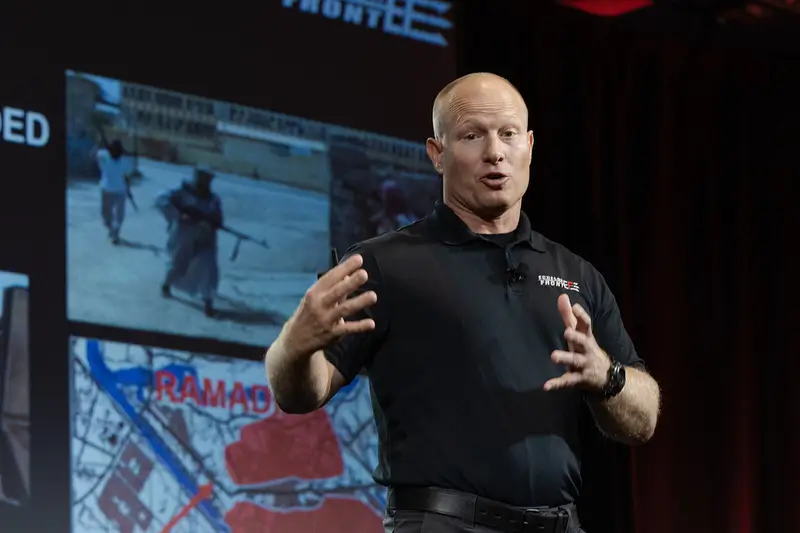Why Do Interoganizational Relationships Matter? For decades, the American workforce showed up to work and “punched a clock.” Their only goal was to get through the day and go home to see their families. In recent years, Millennials and Gen-Z have been sending clear signals that they care far more
Building successful client relationships is crucial to your success in business. Beyond the obvious answers of great retention, the more important factor is that your ability to serve them is greatly increased because they are more receptive to the work you are performing on their behalf. When developing successful client
Agency relationships can be difficult to navigate. For many organizations are focused on finding a vendor who can do a task or fulfill a need. For others, they’re looking for strategic partners who can help them exponentially expand their operations by utilizing a client-agency relationship that is mutually beneficial. At
Building Business Relationships Is Critical To Your Success Building business relationships is a fundamental part of any organization’s ability to succeed. As a leadership development company, we have seen businesses of all shapes and sizes fail because their internal teams weren’t aligned, relationships were weak, and infighting prevented them from
Why Do They Matter? If you’ve ever wondered how to communicate in a relationship, then you’re in good company. This question is one of the most popular questions surrounding relationships online. That fact should clue you into how poorly we’ve been taught to navigate relationships of all types and the
If you’ve ever wondered how to communicate in a relationship, then you’re in good company. This question is one of the most popular questions surrounding relationships online. That fact should clue you into how poorly we’ve been taught to navigate relationships of all types and the work required to get
Building trust in a relationship isn’t a skill set people are born with. It’s a skill we learn as we navigate the intricacies of life, interact with people, and experience human nature. The question itself precludes that there is a lack of trust in a relationship. Why? Because very often
ACCOUNTABILITY WORKS BEST WHEN DIRECTED AT YOURSELF. WHEN PEOPLE HOLD THEMSELVES ACCOUNTABLE THE TEAM WINS.
Relationships are integral to your success and the success of any team in any arena. When you recognize that relationships are paramount, you will prioritize building strong relationships with everyone around you to be victorious.
Echelon Front COO talks with Leif about her humble beginnings with Echelon Front.
Leif chats with Tina Myren about how she and her business was impacted by Extreme Ownership.
Kerry Helton sits down with Leif for this episode of This Stuff Works.
We want to be able to influence others. Whether at work, home or in our community, we often think we know best and want others to GO WITH OUR PLAN.
To gain respect from others, we have to earn it. Through performance, hard work, and demonstrated success, respect is earned from those around us.
A healthy workplace culture is one where people have positive relationships with each other. It’s a place where people can trust each other, listen to each other, respect each other, and influence each other. A workplace where relationships are strained and toxic can be a recipe for disaster. Therefore, it’s
Cultivate relationships definition means intentionally putting in the effort to develop and maintain strong connections with others in both our personal and professional lives.
Like a half-duplex radio, you cannot receive transmissions from anyone else whenever you are in transmit mode. You can’t hear what anyone else is saying as long as you are speaking. You can’t listen to them.
Many people define leadership by the positional title, rank or authority given to them in the hierarchy of an organization. But at Echelon Front, we believe that anyone can be a leader.
An effective leader knows they can’t blame an inexperienced team member who is working on a critical part of a project. They will make the extra effort to train that team member, check in with them frequently, and make sure that they are on track to be successful. These actions prevent critical errors before they even happen.
If you’re ineffective, you need to take ownership of the problem and figure out an effective solution. If you’re effective, you should still carefully analyze where you can create efficiencies and become even more effective.
Each month a new guest sits down with Leif Babin to share how the principles of Extreme Ownership worked for them whether in their personal lives or in business. This month’s guest is Fire Chief PJ Langmaid.


















